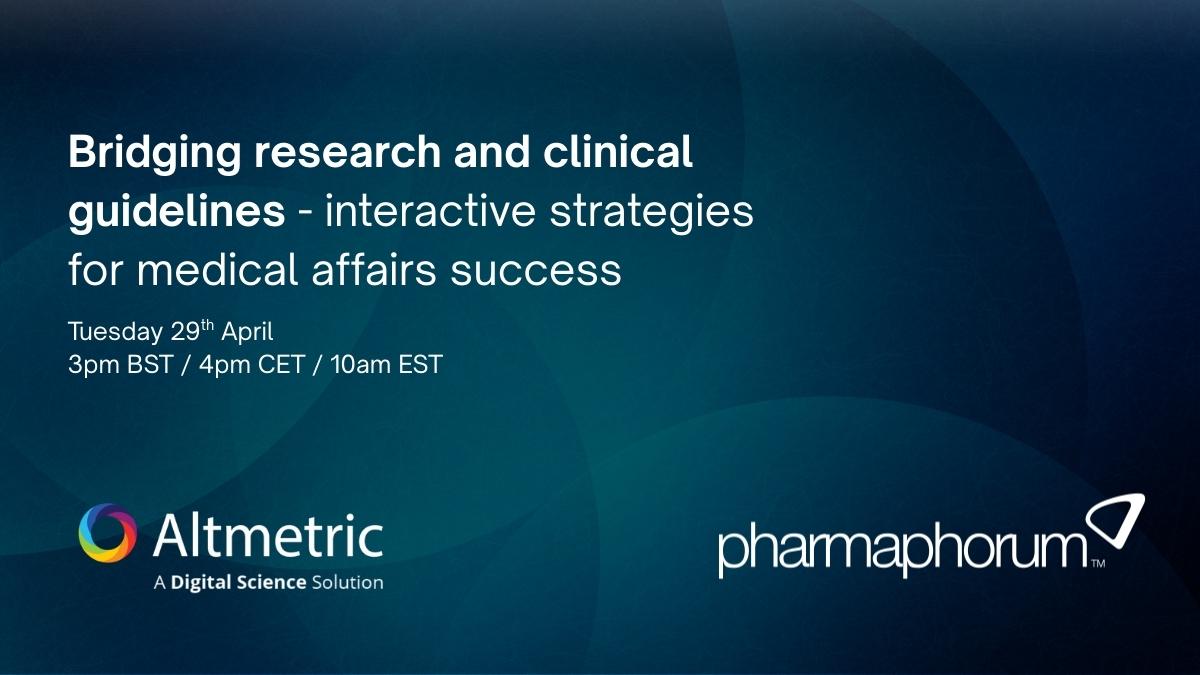NewAmsterdam says lead drug may have Alzheimer's role

NewAmsterdam Pharma has said that an oral drug it is developing to lower cholesterol has shown preliminary efficacy as a preventive strategy for Alzheimer's disease.
The biotech's primary focus for oral CETP inhibitor obicetrapib has been as an add-on therapy for hypercholesterolaemia, reporting phase 3 data last year that it said were positive but disappointed investors. Now, the data in Alzheimer's suggests there is potential in another development track for the drug.
The results come from a substudy of the phase 3 BROADWAY trial, which has already shown obicetrapib was able to achieve a significant reduction in LCL-cholesterol (LDL-C) compared to placebo, with a trend towards fewer major adverse cardiovascular events (MACE), in patients with heterozygous familial hypercholesterolaemia (HeFH) already taking statin therapy.
NewAmsterdam looked at the effect of the drug on plasma biomarkers of Alzheimer's in both the full study population and in a subgroup of patients carrying one or two copies of the ApoE4 gene – which is a well-established risk factor for this type of dementia.
After 12 months, there was a significant reduction in a biomarker for Alzheimer's that was recently approved by the FDA as an early diagnostic for the disease – pTau217 – finding that there was a statistically significant reduction compared to placebo.
While still preliminary, the results have been welcomed by the Alzheimer's Association. The organisation's president and chief executive, Joanne Pike, said the data is "incredibly promising and points to a future of powerful combination therapies that address the key aspects of the disease from a variety of angles, and the distinct possibility of effective prevention strategies."
At the moment, the only approved therapies that seem to slow down the progression of Alzheimer's are two amyloid-targeting therapies – Eisai/Biogen's Leqembi (lecanemab) and Eli Lilly's Kisunla (donanemab) – which have shown modest efficacy in clinical testing.
Sales have also remained modest, and there have been suggestions that combination therapies that can demonstrate improved efficacy will be the key to unlocking the market. At the moment, NewAmsterdam is focused in obicetrapib's potential as a preventive treatment.
"Looking at these results as well as previous studies of this drug, we see a relatively safe and inexpensive oral drug with an effect on LDL-C and significant reduction of Alzheimer's underlying biology," said the Alzheimer's Association's chief science officer Maria Carrillo.
"This is another opportunity to explore how cardiovascular health and treatment could contribute to Alzheimer's prevention," she added.














